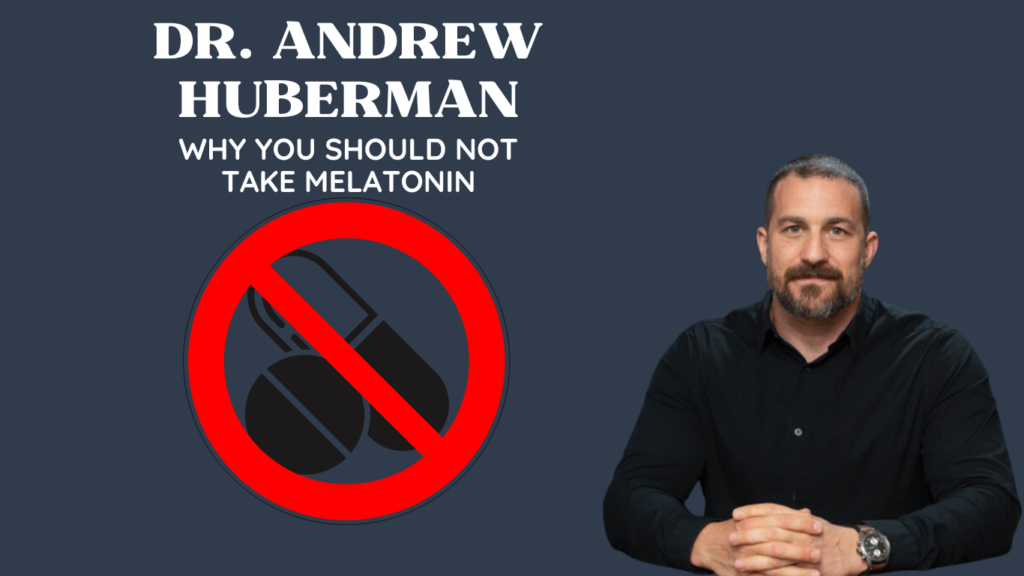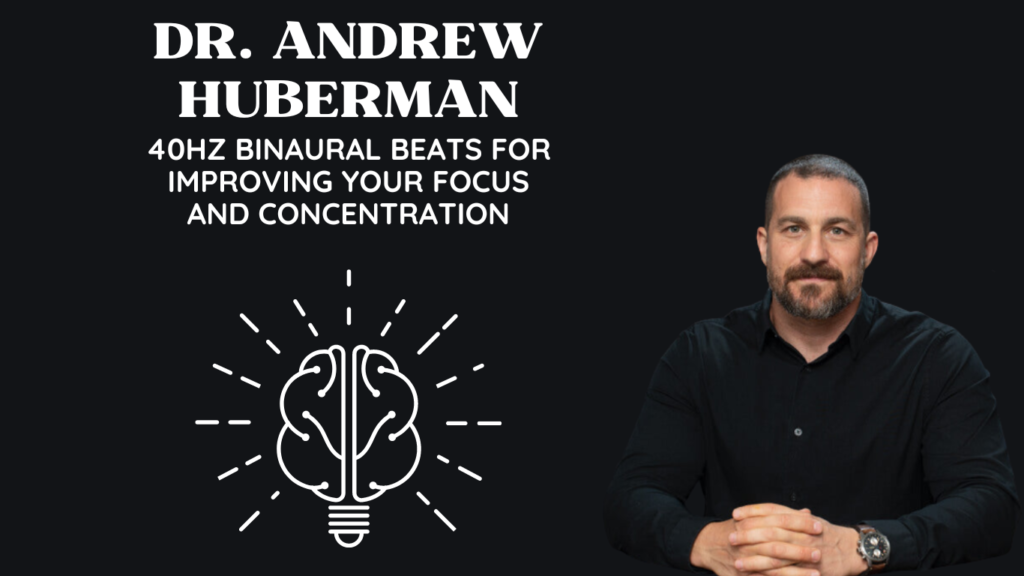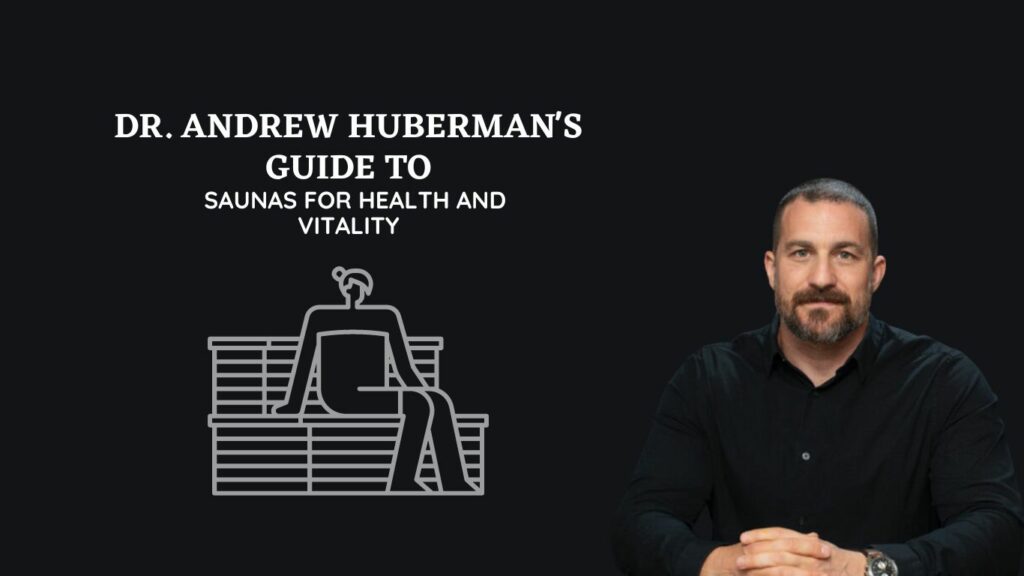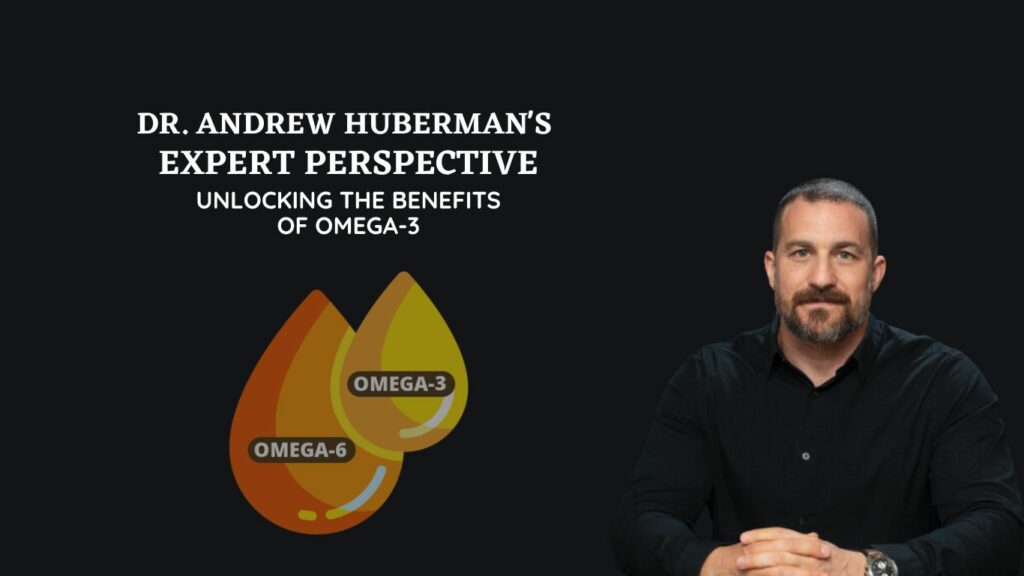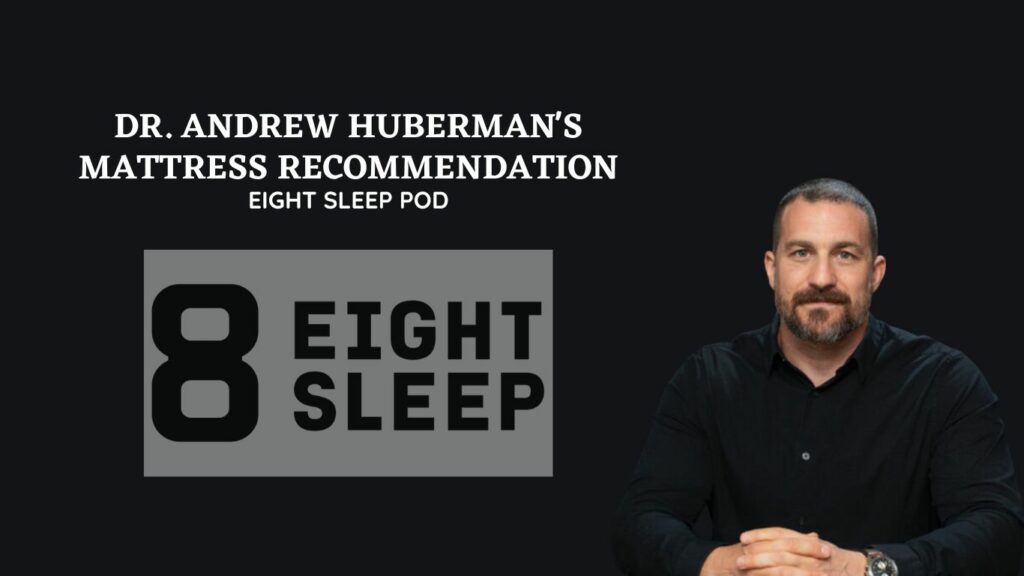Melatonin is a hormone that's made by the pineal gland, a small endocrine gland in the brain, it helps control your sleep and wake cycles. Very small amounts of it are found in foods such as meats, grains, fruits, and vegetables.
Your body has its own internal clock that controls your natural cycle of sleeping and waking hours. In part, your body clock controls how much melatonin your body makes.
Normally, melatonin levels begin to rise in the mid-to-late evening, remain high for most of the night, and then drop in the early morning hours. Light affects how much melatonin your body makes. During the shorter days of the winter months, your body may make melatonin either earlier or later in the day than usual. This change can lead to symptoms of seasonal affective disorder (SAD), also known as winter depression.
Uses of Melatonin
Melatonin supplementation is often used for certain conditions like:
Jet lag
Taking melatonin before bedtime at the destination decreases jet lag from flights crossing five or more time zones. (1)
Sleep disorders.
Taking melatonin reduces the time it takes to fall asleep and may help treat insomnia in children and the elderly. It also improves sleep quality and sleep disorders in children with developmental disorders such as autism and attention deficit hyperactivity disorder (ADHD). (2)
Side effects of Melatonin
It is possible that there may be side effects from taking Melatonin. These may include:
- Dizziness.
- Headache.
- Drowsiness.
- Nausea.
- Dry mouth.
If you experience any of the above symptoms, stop taking Melatonin and consult your doctor
What Dr. Andrew Huberman says about Melatonin?
Melatonin is a hormone that plays a crucial role in regulating sleep and wakefulness. According to Dr. Andrew Huberman, melatonin is primarily released by the pineal gland, a small gland located near the fourth ventricle in the brain.
Key Takeaways:
- 🌙 Melatonin is a hormone released by the pineal gland in the brain that signals sleepiness and helps induce sleep.
- 🧠 The pineal gland is a small gland located near the fourth ventricle in the brain and is the only organ in the body that produces melatonin.
- ❌ Regular supplementation of melatonin is generally not recommended, except in rare cases, due to its potential impact on puberty and other hormone systems in the body.
- 😴 While melatonin can help with falling asleep, it may not help with staying asleep, and some individuals may wake up a few hours after taking melatonin.
- 💊 Over-the-counter melatonin supplements are not well-regulated, and the actual amount of melatonin in the product may vary significantly from what is stated on the label.
- 🚫 It is advisable to consult with a healthcare professional before starting or discontinuing any supplement, including melatonin, to understand potential risks and alternatives.
- ⏰ The release of cortisol and melatonin in the body follows an endogenous rhythm, independent of external factors such as light and darkness, but external influences can affect the timing of these hormone releases.
The Sleepiness Signal 🌙
Melatonin serves as a sleepiness signal to the brain and body. When we wake up in the morning, cortisol levels rise, initiating a timer that triggers the release of melatonin approximately 12 to 14 hours later. This hormonal rhythm helps regulate our sleep-wake cycles.
The Pineal Gland: Seat of the Soul? 🧠
The pineal gland, often regarded as a fascinating organ, is unique in that there is only one in the human brain. René Descartes, the philosopher, referred to it as the “seat of the Soul.” While the notion of the pineal gland as the seat of the Soul may be speculative, it holds significance because it is the sole source of melatonin in our bodies.
Considering the Impact on Puberty ❌
Dr. Huberman highlights a potential concern regarding melatonin supplementation, especially in children and adolescents. Melatonin not only induces sleep but also has a secondary function of suppressing the onset of puberty. Chronic or tonic release of melatonin throughout the day and night can hinder the natural hormonal processes triggering puberty.
Challenges with Melatonin Use for Sleep 😴
While melatonin can assist in falling asleep, it may not be effective for staying asleep. Many individuals who take melatonin find themselves waking up after a few hours and struggling to fall back asleep. Moreover, over-the-counter melatonin supplements are not well-regulated, and the actual melatonin content can vary significantly from what is listed on the bottle.
Consultation with Healthcare Professionals 💊
Dr. Huberman emphasizes the importance of consulting with a healthcare professional before starting or discontinuing any supplement, including melatonin. This step ensures a comprehensive understanding of potential risks, especially considering its impact on puberty and other hormone systems.
The Endogenous Rhythm of Cortisol and Melatonin ⏰
The release of cortisol and melatonin follows an endogenous rhythm within the body, unaffected by external factors such as light and darkness. However, external influences can modify the timing of these hormone releases. Complete darkness or constant brightness would still result in the continuation of these rhythms, albeit with variations in timing.
Safer Alternatives to Melatonin
There are safer alternatives to melatonin that Dr. Huberman recommends to help you fall asleep faster and stay asleep, which are:
- Magnesium L-Threonate
- L-Theanine
- Apigenin
You can read more about these in our other blog post about Dr. Huberman's Supplements List.
Other things you can do to fall asleep faster and improve sleep is to get unfiltered sunlight (not directly) to your eyes as soon as possible after you wake up for 2 to 10 minutes, ideally, before 9 AM, sleep in a dark and cool environment, avoid dim lights. don’t nap for more than 90 minutes during the day.

